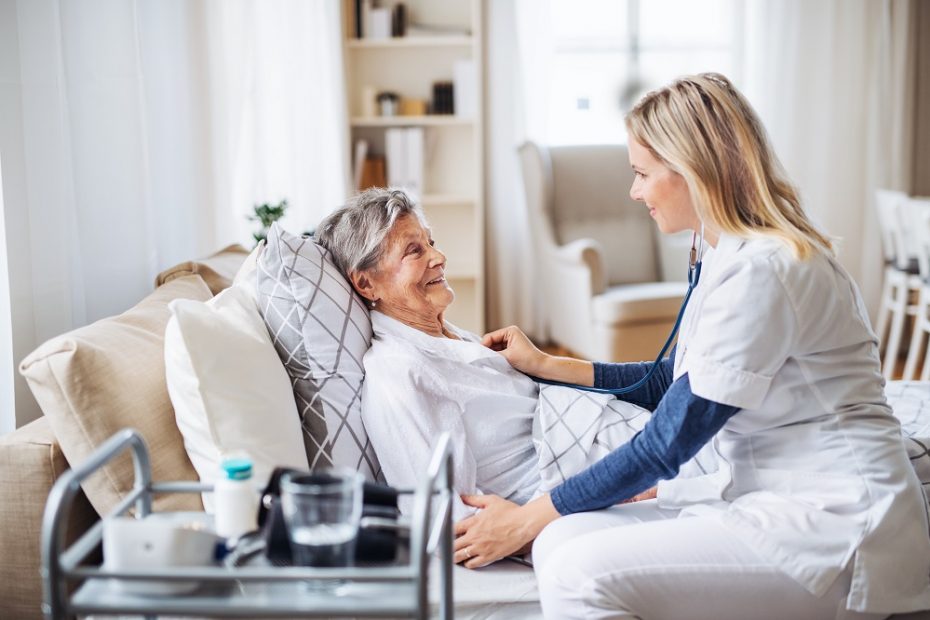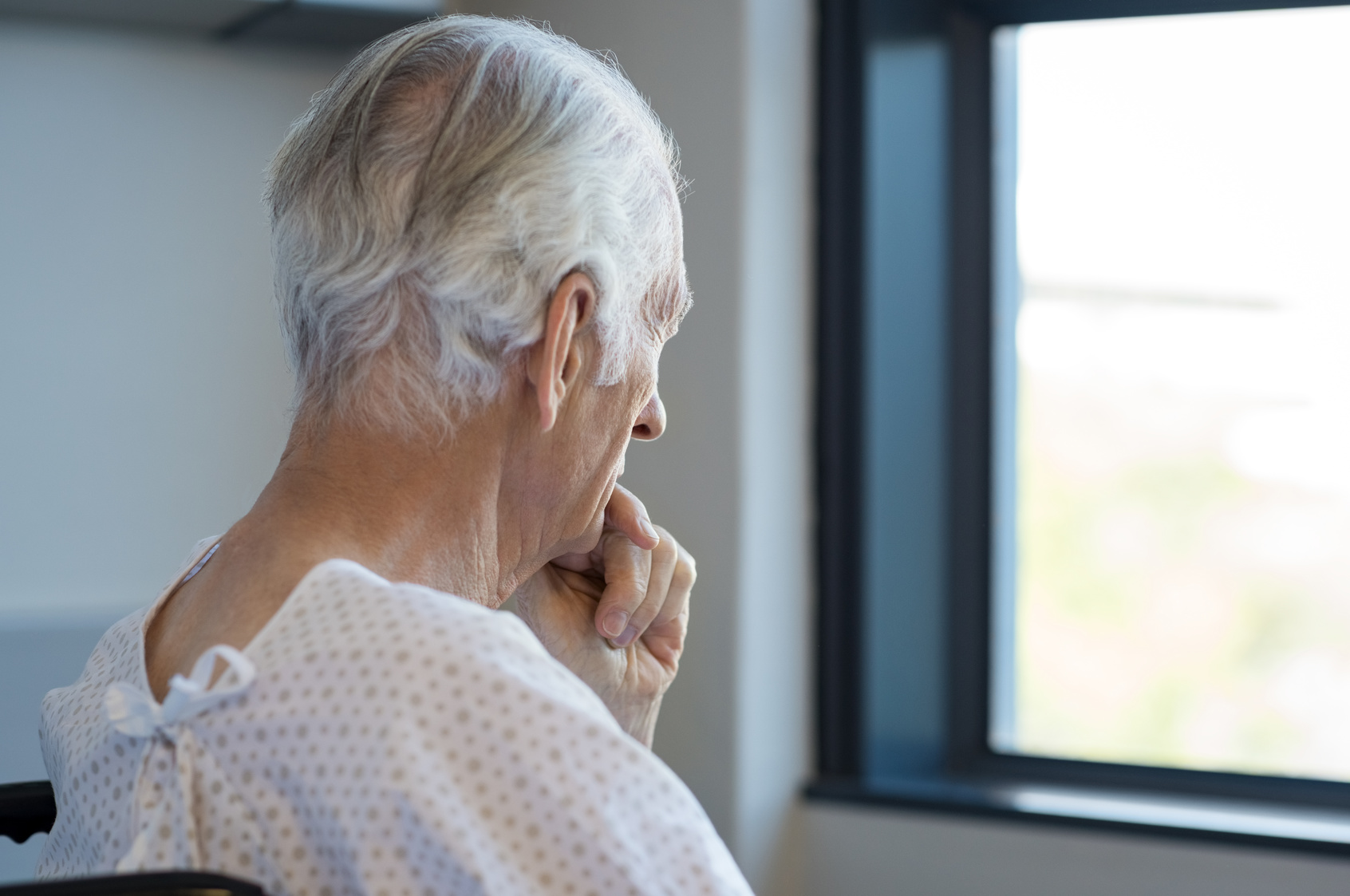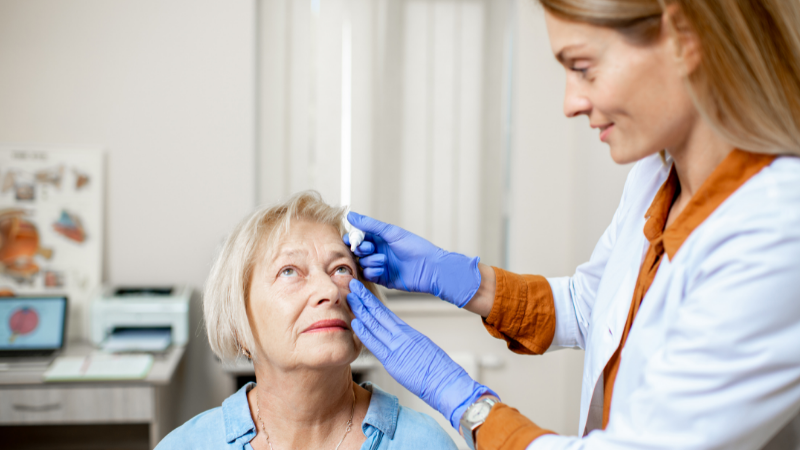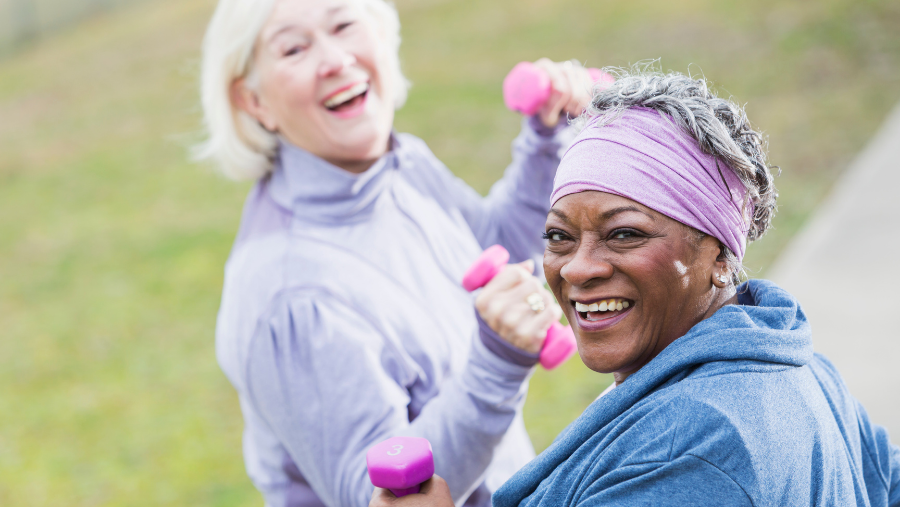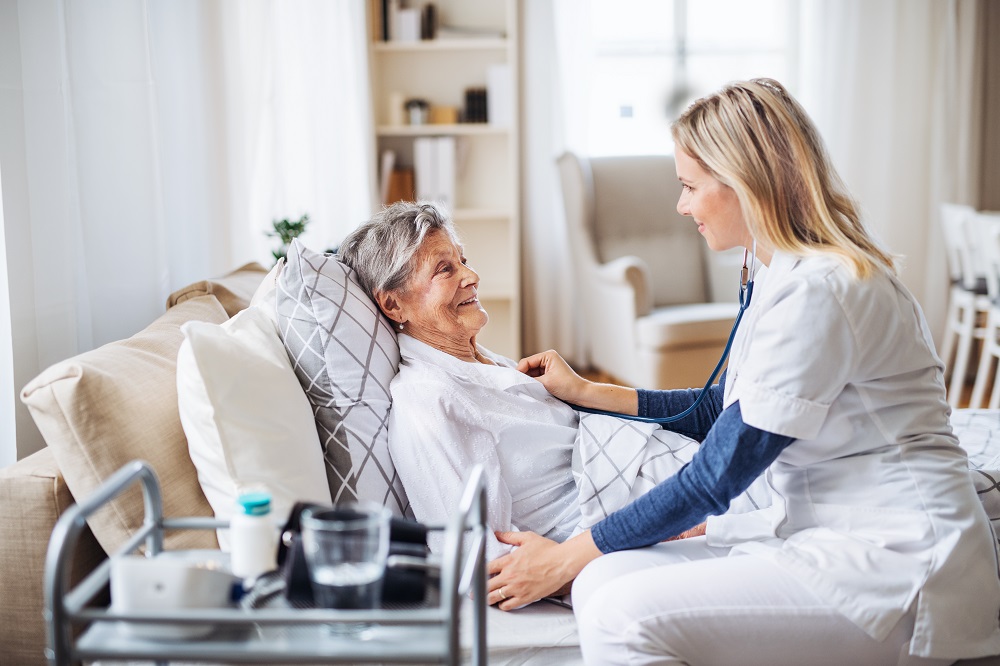
Older adults face a heightened risk during surgery, necessitating extensive support from healthcare professionals and caregivers during recovery. Specific products can be especially beneficial for seniors healing at home. According to the Centers for Disease Control and Prevention, 38% of surgeries in the U.S. involve individuals over the age of 65. This percentage is anticipated to rise over the next decade, with 84 million seniors likely to require surgical procedures.
Geriatric surgery offers elderly patients an opportunity for enhanced quality of life and a longer lifespan. The presence of comorbidities, or multiple health conditions, serves as a more significant predictor of surgical outcomes than age itself. Seniors over 75 can undergo elective procedures—such as cardiac, vascular, oncological, and orthopedic surgeries—with favorable results. Long-term outcomes can rival those of younger patients, and survival rates for some surgeries are comparable across age groups.
However, surgery can be particularly stressful for elderly patients and their caregivers. Post-operative care is crucial, as seniors tend to heal more slowly and face a higher risk of complications. Fortunately, certain healthcare items can expedite healing at home and simplify the recovery for geriatric patients.
While in the hospital, caregivers should consult with doctors or nurses to create a list of essential items that will aid in the senior’s at-home recovery. It’s important to take detailed notes during these discussions to accurately recall critical information.
1. Lift Chair
Standing and sitting become a struggle for post-surgical patients for at least two weeks after the procedure. Pain can result if the body twists or strains; or sutures can be pulled open. Plus, older people can lose their balance and fall when attempting to rise from a seated position.
Avoid setbacks to recovery by renting or purchasing a lift chair. Using a remote control, the senior can power the lift chair so that it eases into a slanted position, thereby enabling the individual to effortlessly stand. Medical chairs also support the back and promote blood circulation.
2. Commode and Overnight Pads
Walking to the bathroom after surgery can be a daunting experience for the senior patient. A bedside commode eliminates this obstacle and allows seniors with limited mobility to use the bathroom independently. As a temporary solution, a bedside commode is ideal during post-surgical recovery.
During the day, adult diapers help with incontinence. At night, extra-absorbent overnight pads hold more liquid than their daytime counterparts. Disposable bed pads that fit over a mattress are also useful and can be replaced each day. Mattress protectors are a more comfortable alternative to bed pads.
3. Disinfectants and Hand Sanitizer
Surgical wounds are susceptible to infection. Keep infections at bay by properly sanitizing and disinfecting the immediate area. Caregivers and seniors are advised to wash their hands with antibacterial soap or use a hand sanitizer prior to touching any incisions.
4. Medication Reminders
After surgery, the physician may prescribe medications. Managing multiple pills can be a challenge for older people who may be overwhelmed by the task. Medication compliance is critical during the recovery phase as well as for preventing adverse health reactions.
A range of diverse products are available to send alarms, organize medications and deliver the right pills. Automated medication dispensing devices increase medication compliance. Pill organizers keep medicines organized for a month. Medication reminder apps are also useful for the tech-savvy.
5. Wheelchair or Walker
Wheelchairs allow seniors with limited mobility to maneuver through the home. However, due to the surgical procedure, these individuals’ upper body strength may be reduced. Caregivers who are not strong enough to physically support the senior can help the care recipient remain mobile.
Walkers are available to support seniors as they walk. Available as wheeled or standard walkers, these devices assist with balance and facilitate the recovery of surgical patients. Walking is critical post-surgery to strengthen muscles, promote blood flow, and accelerate wound healing.
6. Blankets and Pillows
Seniors returning from surgery will likely spend a lot of time resting. It is important to make sure they are warm and comfortable as they rest to reduce pain and tension. Having the right blankets and pillows on hand can help ensure their comfort, whether they are resting in their bed or on the sofa.
Thick, sturdy pillows can help seniors who are required to sleep sitting up do this more comfortably. Sleeping with a body pillow can help reduce pain, swelling, and tension in the muscles. There should always be extra blankets within reach so the person recovering can keep warm.
7. Ice Packs and Heating Pads
While it is common for patients to be prescribed medication to help manage pain after surgery, having heating pads and ice packs in the home can also help with pain management. These items can be used any time the senior is experiencing pain in a specific area, and they are especially helpful for preventing the pain from disrupting sleep. Make sure to use ice packs and heating pads as instructed.
8. Transitional Care
Non-medical transitional care from a professional caregiver is an important component in surgical recovery. Trained specifically to provide after-surgery care at home, these professionals are integral to the speedy recovery of adults and the elderly who have returned home from a hospital stay.
Professional caregivers support post-surgical patients as they walk, for instance. Certain bodily systems slow down after surgery, but walking promotes essential oxygen flow throughout the body. Walking prevents the post-surgical patient from developing pressure sores that result from prolonged bed rest.
Post Surgical Care from Assisting Hands Home Care
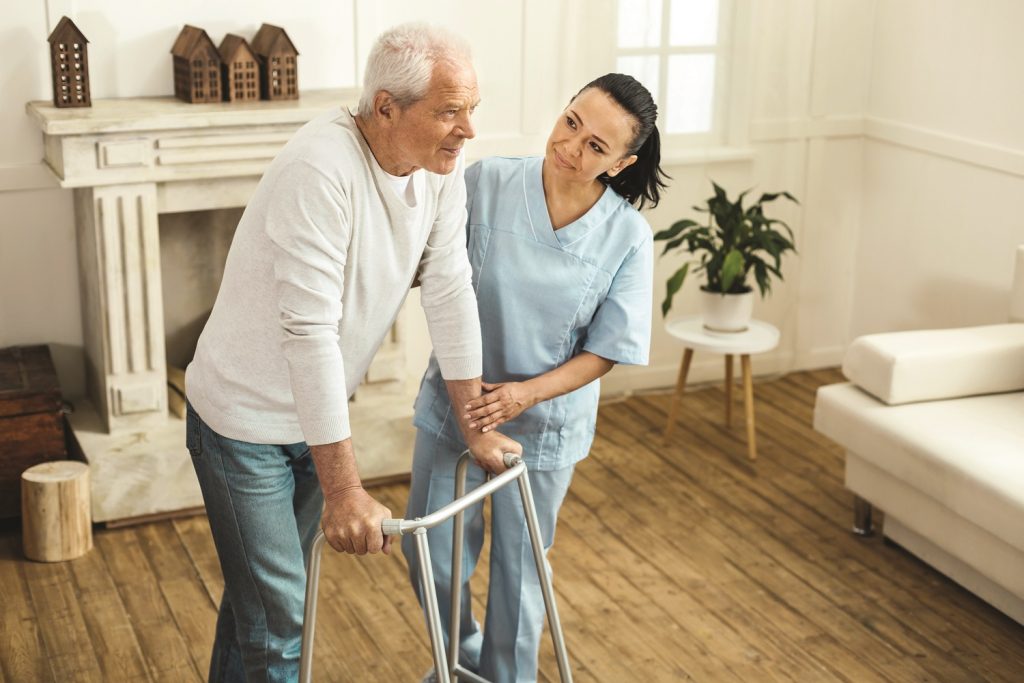
Assisting Hands Home Care offers dependable post-surgical care for adults and seniors. Our after-surgery care is flexible and tailored to address each recipient’s short- and long-term needs, ensuring a seamless transition from hospital to home. Our services begin with a professional caregiver who transports the recipient from the hospital to their residence. We handle the pickup of prescription medications, groceries, and necessary supplies and provide personal care and assistance to help them rest and recover. We will also prepare meals for your loved ones and help with light housekeeping tasks during their recovery.
Important responsibilities of our after-surgery caregivers include monitoring the condition of your loved ones and providing medication reminders. We also offer transportation services for doctor’s appointments, and if your loved one requires regular physical therapy, we ensure safe travel to therapy sessions and senior exercise programs. You can count on our caregivers to help facilitate a swift and smooth recovery for your loved one.
Families with loved ones living in Hinsdale, Downers Grove, Burr Ridge, Oak Brook, IL and surrounding areas, are encouraged to contact Assisting Hands Home Care for complete, nonmedical post-surgical care. Our care recipients’ full rehabilitation is our number one priority. Give us a call at (630) 407-1932 for a complimentary in-home consultation.






